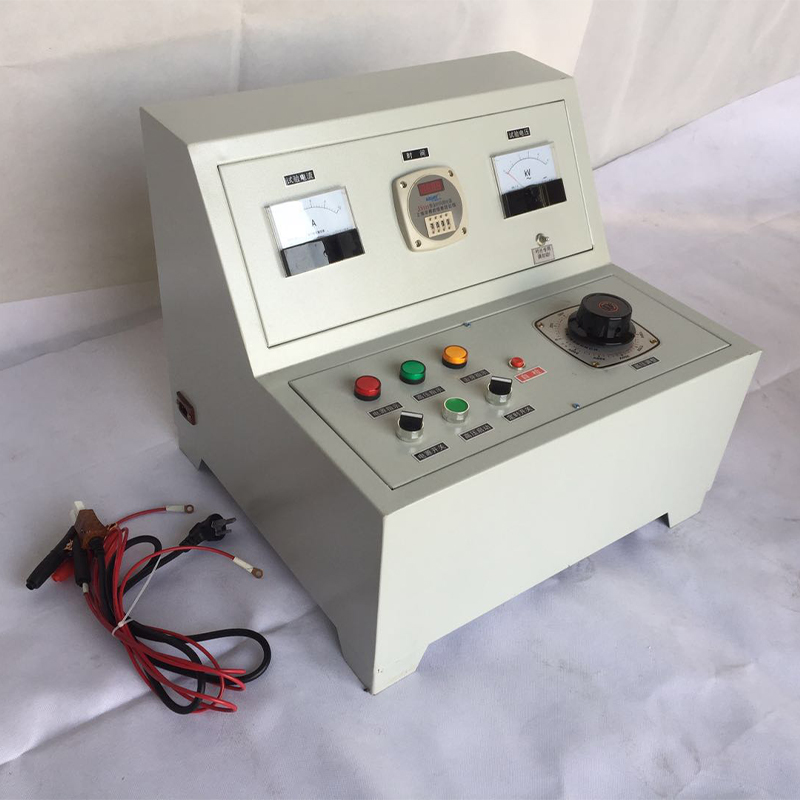Tensile Testing Equipment for Sale from Reliable Suppliers and Manufacturers
Tensile Testers for Sale Finding the Right Supplier
In the world of materials testing, tensile testers play a crucial role in determining the mechanical properties of materials, such as their tensile strength, elongation, and yield point. Whether you are in the automotive, aerospace, construction, or plastics industry, having a reliable tensile tester is essential for quality control and product development. However, with numerous suppliers available in the market, finding the right tensile tester for your needs can be a daunting task. This article will guide you through the key factors to consider when looking for tensile testers for sale, and how to choose the best supplier.
Understanding Tensile Testers
A tensile tester, also known as a universal testing machine (UTM), measures the force required to pull or stretch a material to the point of failure. The equipment typically consists of a loading frame, grips to hold the specimen, and a load-measuring device. Modern tensile testers often come equipped with advanced features, including digital displays, data acquisition systems, and software for analysis. This makes them invaluable for engineers and quality control professionals striving to ensure the materials used in their products meet the necessary standards.
Key Features to Consider
1. Capacity and Range When searching for a tensile tester, consider the maximum load it can handle. Depending on your needs, you may require a machine capable of testing anything from small plastic samples to large metal components. Verify that the tensile tester's capacity aligns with the materials you intend to test.
2. Software and Data Analysis Many suppliers offer tensile testers with integrated software that facilitates data logging, analysis, and reporting. This feature can streamline your testing processes and improve data accuracy. Check for compatibility with your company's existing systems and ensure the software is user-friendly.
3. Customization Some suppliers offer customization options to tailor the testing machine according to specific industry requirements. This might include specialized grips, fixtures, or environmental chambers for testing materials under varying conditions.
4. Calibration and Compliance Ensure that the supplier provides equipment that is calibrated and complies with industry standards, such as ASTM, ISO, or other relevant specifications. This is crucial for producing reliable and repeatable test results.
5. Technical Support and Service After purchasing a tensile tester, having access to technical support is invaluable. Look for suppliers known for their strong customer service, availability of spare parts, and maintenance services. A good after-sales support structure can help you resolve any issues quickly and keep your testing operations running smoothly.
tensile tester for sale suppliers

Finding the Right Supplier
Now that you understand the important features of tensile testers, it's time to choose a supplier. Here are some tips to guide your selection
1. Reputation and Experience Look for suppliers with a solid reputation in the industry. Research their history, customer reviews, and case studies. Experienced suppliers are more likely to understand your specific needs and provide valuable insights.
2. Diversity of Offerings Opt for suppliers that offer a range of tensile testers suited for different applications. This diversity can be beneficial, particularly if you anticipate varying testing needs in the future.
3. Pricing and Financing Options Price is always a significant factor in any purchasing decision. Compare prices from different suppliers, but also consider the value of features, warranty, and customer service when evaluating costs. Some suppliers might offer financing options or warranty plans that can ease the upfront financial burden.
4. Demonstrations and Trials Whenever possible, request demonstrations or trials of the equipment before making a purchase. This allows you to evaluate the hardware, software, and overall usability firsthand.
5. Attending Trade Shows Industry trade shows are excellent venues for exploring different tensile testers and meeting suppliers. They provide a chance for hands-on experience with the equipment and direct interaction with product experts.
Conclusion
Investing in a tensile tester is a pivotal decision that can greatly affect your endeavor towards quality assurance and product safety. By understanding the equipment's specifications and taking the time to find a reputable supplier, you can ensure that you select the best tensile tester suited for your testing needs. Remember to weigh the features, support options, and overall value before making your final decision. A well-chosen tensile tester will enhance your materials testing capabilities and contribute to the success of your projects.
-
Why the Conductor Resistance Constant Temperature Measurement Machine Redefines Precision
NewsJun.20,2025
-
Reliable Testing Starts Here: Why the High Insulation Resistance Measuring Instrument Is a Must-Have
NewsJun.20,2025
-
Flexible Cable Flexing Test Equipment: The Precision Standard for Cable Durability and Performance Testing
NewsJun.20,2025
-
Digital Measurement Projector: Precision Visualization for Modern Manufacturing
NewsJun.20,2025
-
Computer Control Electronic Tensile Tester: Precision and Power for the Modern Metal Industry
NewsJun.20,2025
-
Cable Spark Tester: Your Ultimate Insulation Assurance for Wire and Cable Testing
NewsJun.20,2025
 Copyright © 2025 Hebei Fangyuan Instrument & Equipment Co.,Ltd. All Rights Reserved. Sitemap | Privacy Policy
Copyright © 2025 Hebei Fangyuan Instrument & Equipment Co.,Ltd. All Rights Reserved. Sitemap | Privacy Policy
